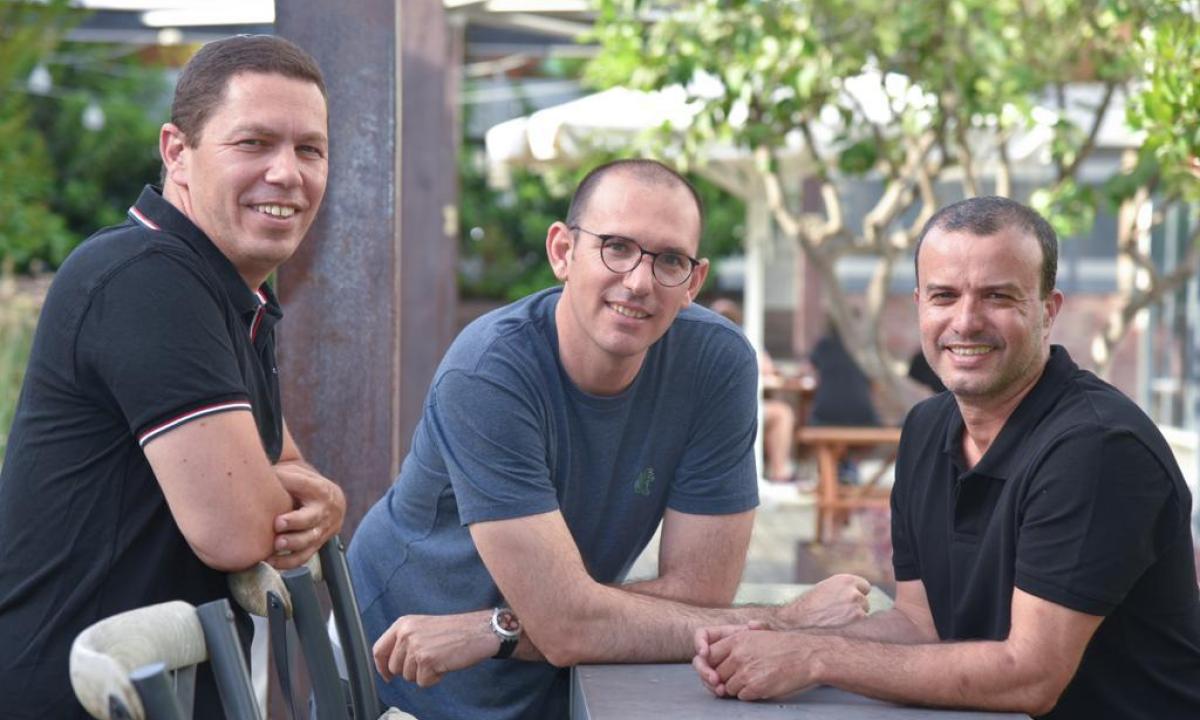The Bad Behavior Of Visionary Leaders by Tony Schwartz, DealBook
As I was reading Ashlee Vance’s “Elon Musk: Tesla, Space X and the Quest for a Fantastic Future,” I was alternately awed and disheartened, almost exactly the same ambivalence I felt after reading Walter Isaacson’s “Steve Jobs” and Brad Stone’s “The Everything Store: Jeff Bezos and the Age of Amazon.”
The three leaders are arguably the most extraordinary business visionaries of our times. Each of them has introduced unique products that changed – or in Mr. Musk’s case, have huge potential to change – the way we live.
I was awed by the innovative, courageous, persistent and creative ways all three built their businesses. I also love their products. I own a Mac Pro and an iPhone, and I have been a loyal customer of Apple for 20 years. I buy many books and other products on Amazon, lured by a blend of low prices, ease of purchase and reliably quick delivery. The Tesla X is hands down the best car I have ever driven, and it’s all electric, rechargeable in your garage.
Plainly, I have bought in to what these guys are selling.
What disheartens me is how little care and appreciation any of them give (or in Mr. Jobs’s case, gave) to hard-working and loyal employees, and how unnecessarily cruel and demeaning they could be to the people who helped make their dreams come true.
In fairness, the leaders all have loyal defenders. At Apple, for example, Mr. Jobs’s successors – including Tim Cook, the chief executive, and Jonathan Ive, the chief design officer – have argued that Mr. Jobs matured significantly as a leader in his final years. Mr. Musk and Mr. Bezos have senior leaders who have worked with them for many years. But even an admirer like Mr. Ive remained bewildered by the way Mr. Jobs treated people.
“He’s a very sensitive guy,” Mr. Ive told Mr. Isaacson shortly before Mr. Jobs died in 2011. “That’s one of the things that makes his antisocial behavior, his rudeness, so unconscionable. I can understand why people who are thick-skinned and unfeeling can be rude, but not sensitive people.”
Given the extraordinary success of these men, the obvious question is whether being relentlessly hard on people, and even cruel, may get them to perform better.
Like their biographers, I think the answer is no. Our research at the Energy Project has shown that the more employees feel their needs are being met at work – above all, for respect and appreciation – the better they perform.
As Mr. Isaacson writes of Mr. Jobs: “Nasty was not necessary. It hindered him more than it helped him.”
Similarly, a person who worked with Mr. Musk told Mr. Vance: “He can be so gentle and loyal, and then hard on people when it isn’t necessary.”
At Amazon, Mr. Bezos’s angry outbursts came to be called “nutters.” “He was capable of hyperbole and cruelty in these moments,” Mr. Stone writes, “and over the years delivered some devastating rebukes to employees.”
See full article here.





